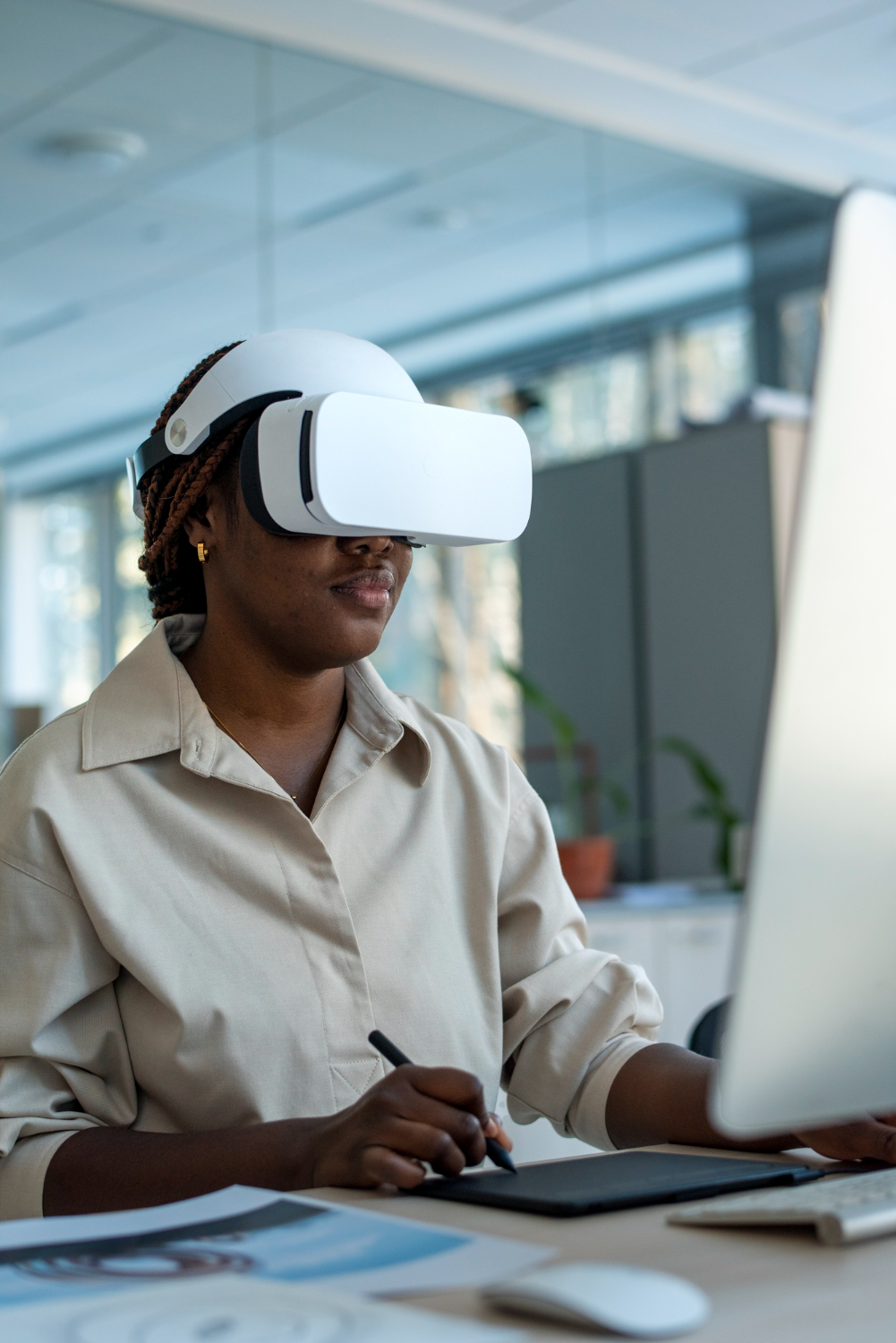info@sadi.co.ke
+254727368241
Introduction:
Artificial Intelligence (AI) has rapidly transitioned from a buzzword to a transformative force in various industries. Its real-world applications are not confined to science fiction but are changing the way we live and work. In this article, we'll explore some of the most impactful real-world applications of AI, demonstrating how it's reshaping our daily lives and industries.
1. Healthcare Diagnostics:
AI-driven diagnostic tools analyze medical data, making early disease detection more accurate.
Radiologists use AI to detect anomalies in medical imaging, aiding in faster and more precise diagnoses.
2. Self-Driving Cars:
AI algorithms enable autonomous vehicles to perceive their surroundings and make real-time driving decisions.
Companies like Tesla, Waymo, and Uber are at the forefront of this technology.
3. Natural Language Processing (NLP):
NLP is the AI behind virtual assistants like Siri, Alexa, and Google Assistant.
AI chatbots assist customer service and perform language translation tasks.
4. Financial Services:
AI algorithms analyze financial data to detect fraudulent transactions and manage investments.
AI chatbots assist customers with banking inquiries and transactions.
5. E-Commerce and Personalization:
AI algorithms predict customer preferences and tailor product recommendations.
Amazon's recommendation engine is a prime example of this.
6. Manufacturing and Robotics:
AI-driven robots automate manufacturing processes with precision and efficiency.
Predictive maintenance using AI helps prevent equipment breakdowns.
7. Agriculture:
AI optimizes crop management, helping farmers improve yields while conserving resources.
Drones equipped with AI monitor crop health and detect disease early.
8. Education:
AI-driven adaptive learning platforms tailor educational content to individual students.
Chatbots help students with queries, making learning more accessible.
9. Content Creation:
AI generates content such as news articles and reports in real-time.
AI-driven design tools assist in creating graphics and layouts.
10. Smart Cities:
- AI is used in traffic management, waste collection, and energy consumption optimization.
- It helps cities become more sustainable and efficient.
11. Climate Change:
- AI aids in climate modeling and predicting extreme weather events.
- It contributes to efforts to combat climate change and protect the environment.
12. Space Exploration:
- AI assists in autonomous spacecraft navigation and data analysis.
- It helps us explore and understand the cosmos.
Conclusion
AI's real-world applications are far-reaching and continue to expand as technology evolves. Its potential to transform industries and improve our lives is boundless. As AI becomes more integrated into our daily routines, we should consider the ethical implications and ensure that AI technologies are developed and used responsibly to benefit humanity.
 October 16, 2023 - BY Admin
October 16, 2023 - BY Admin